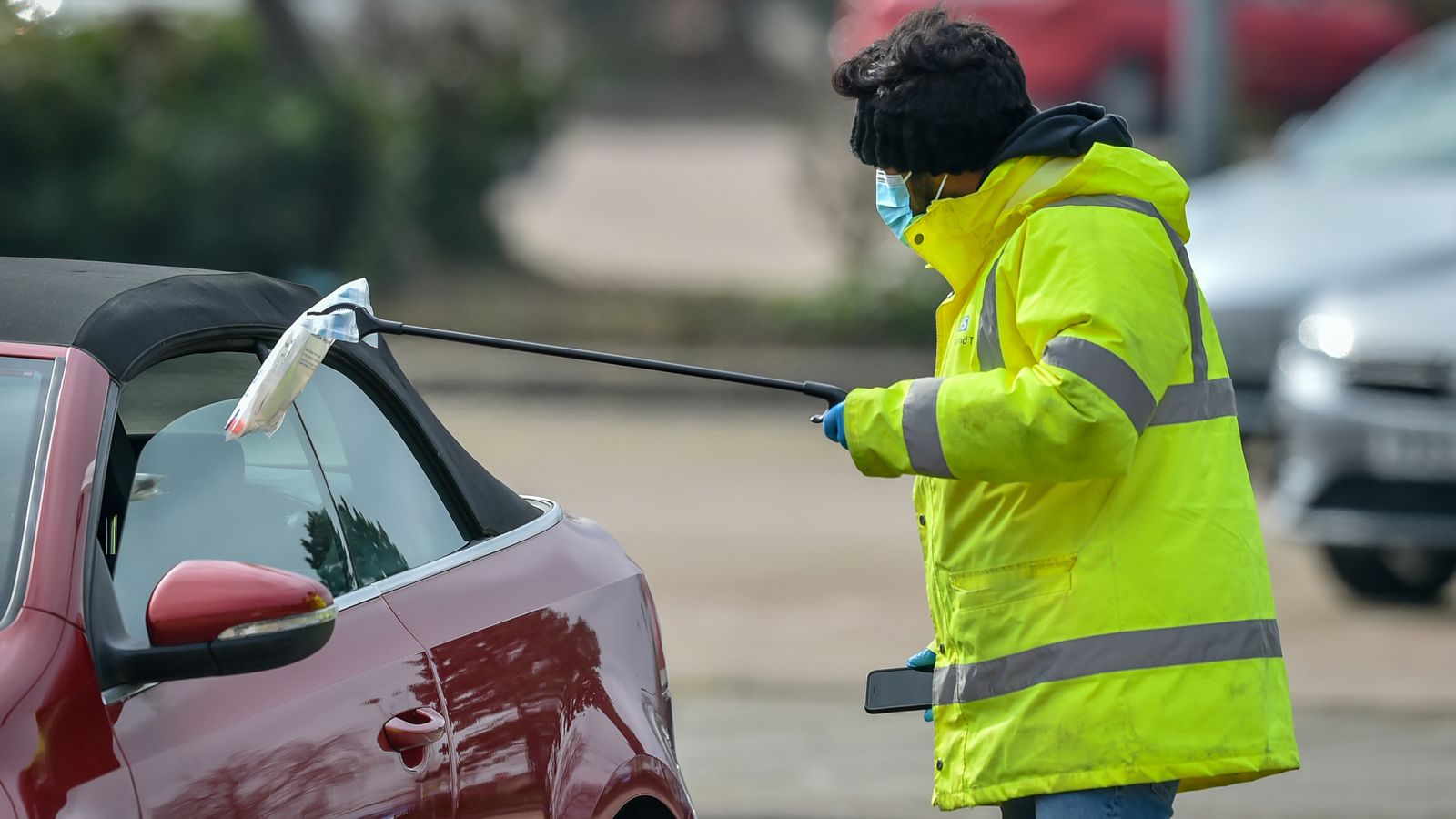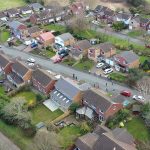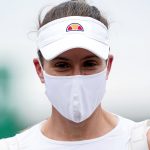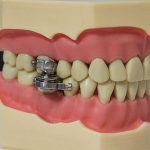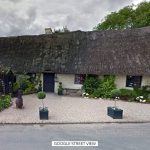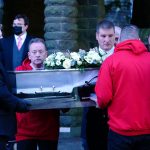Surge testing is to take place in an area of north London after cases of the South African variant of COVID-19 were detected there.
Health officials, from Thursday, will begin testing people for the variant at locations in and around Finchley in the borough of Barnet.
A statement from the borough said: “We will start testing people for this variant in specific postcode areas affected in N3 or those who shop on the local high street.”
A mobile testing unit will be set up in Finchley central station car park and teams will be going door-to-door offering home PCR testing kits.
Live COVID updates from UK and around world
It comes as the UK recorded another 38 coronavirus-related deaths and 2,491 cases in the latest 24-hour period, according to government figures.
The data also shows 76,123 people had their first dose of a COVID vaccine on Tuesday, taking the total to 32,326,604.
Also, 312,685 people had their second jab on Tuesday, meaning 8,170,081 have now had both shots in the UK.
Earlier this week, surge testing began in the south London areas of Wandsworth and Lambeth.
The two boroughs are testing around 650,000 people after dozens of cases of the South African COVID variant were found there.
It is thought the first case was detected in a person who arrived in the UK from Africa in early March but the Department of Health and Social Care (DHSC) would only say that the first recorded incidence was “part of a household cluster”.
That outbreak is believed to have then spread to a care home in Lambeth where 23 cases were reported.
It also spread to two primary schools in Wandsworth which have been offering extra surge testing.
A DHSC statement said: “Control measures were put in place within these settings as soon as COVID-19 cases were identified.”
Huge queues formed on Wednesday at the testing sites in both boroughs.
According to government figures, there have been 533 genomically confirmed cases of the South African variant in the UK and another 11 probable cases.
Scientists have expressed some concern about the increase in cases coinciding with the easing of lockdown restrictions in England.
Professor Peter Openshaw, a member of the COVID-19 clinical information network, told the BBC: “A lot of we scientists are very concerned about what’s happening at the moment.
“I think we’re all just hoping that the staged reduction in lockdown is going to be ok. It is being done reasonably cautiously but I think this is not good news.
“If we get rapid spread of the South African or other more resistant variants, it may well be that we are going to have to put the reductions of lockdown into reverse.”
